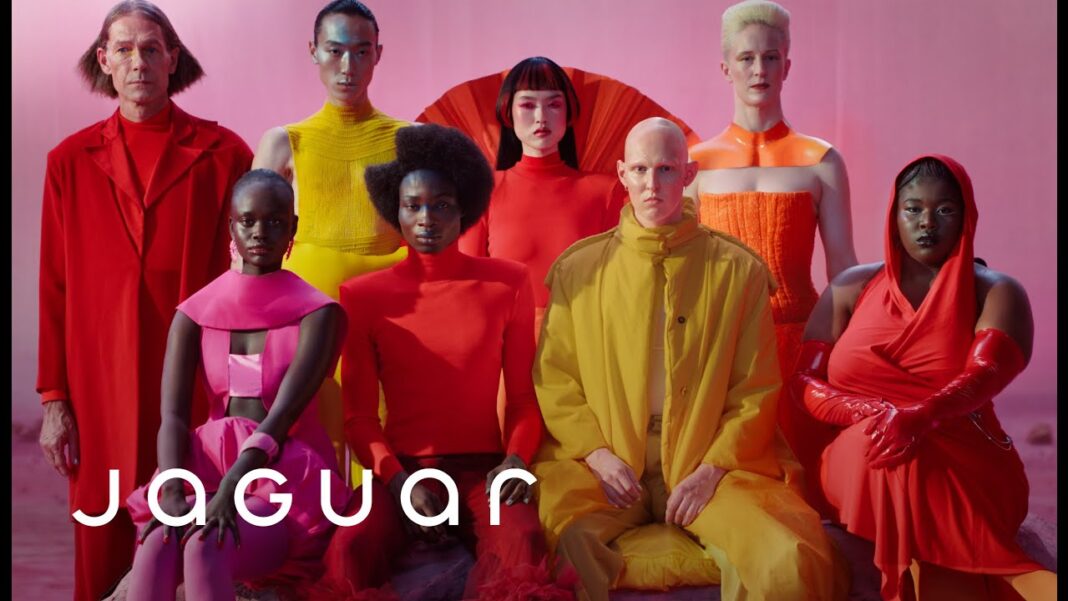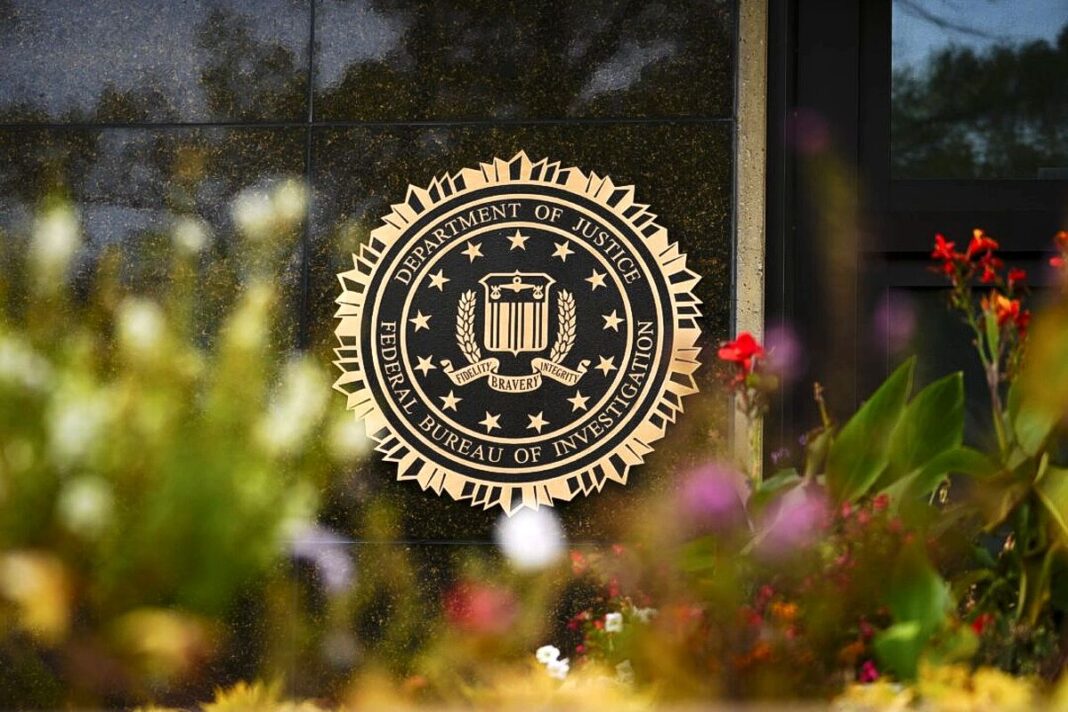California, Virginia, and West Virginia have passed bills to ban artificial dyes and other food additives. More states are considering similar legislation.
A longtime movement to eliminate artificial dyes from food is generating momentum, with some health advocates invoking Secretary of Health and Human Services Robert F. Kennedy Jr.’s Make America Healthy Again platform.
Multiple state Legislatures have introduced bills designed to ban artificial dyes and other food additives.
The Environmental Working Group, a food safety advocacy organization, reports that 20 states have introduced around 40 measures within the first three months of 2025 addressing artificial dyes and chemicals in food.
In October 2023, California’s Legislature banned Red No. 3. Last August, it also passed a measure to remove six other common dyes from use in school foods.
Virginia passed a similar measure in March.
On March 24, West Virginia passed the most sweeping measure of its kind when Gov. Patrick Morrisey signed H.B. 2354 into law.
The move will ban seven synthetic dyes and two preservatives from food and beverages sold in the state.
Beginning Aug. 1, Red Dye No. 3, Red Dye No. 40, Yellow Dye No. 5, Yellow Dye No. 6, Blue Dye No. 1, Blue Dye No. 2, and Green Dye No. 3 cannot be used in school lunches, the bill says.
Under the measure, those dyes will also be banned from food products sold in West Virginia starting Jan. 1, 2028, according to the bill. Synthetic chemical preservatives propylparaben and butylated hydroxyanisole will also be barred, the governor’s office said in a statement.
“West Virginia ranks at the bottom of many public health metrics, which is why there’s no better place to lead the Make America Healthy Again mission,” Morrisey said in a March 24 statement.
“By eliminating harmful chemicals from our food, we’re taking steps toward improving the health of our residents and protecting our children from significant long-term health and learning challenges.”
Industry groups spoke against West Virginia’s legislation.
“We stand opposed to this unnecessary legislation. This matter should be decided individually, through product transparency and consumer choice,” the West Virginia Beverage Association posted on social media platform X on March 18.







